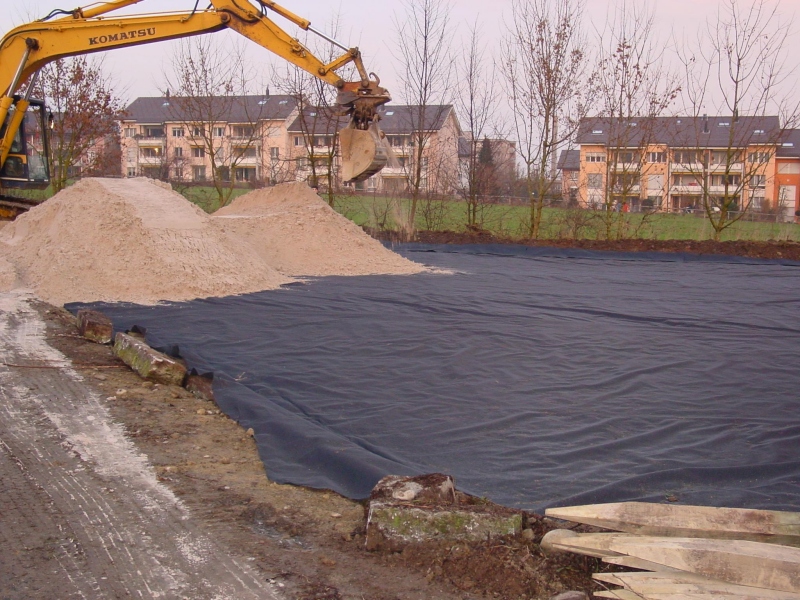In modern infrastructure and environmental engineering, geotextiles have become essential materials for improving soil stability, drainage, and erosion control. For B2B buyers, contractors, and distributors, sourcing geotextiles at cheap wholesale prices allows companies to cut costs while maintaining high-quality project performance. Understanding product types, technical specifications, and supplier reliability is key to successful long-term use.
What Are Geotextiles and Why Do They Matter?
Geotextiles are permeable synthetic fabrics designed to separate, filter, reinforce, or protect soil layers. Made from polypropylene (PP) or polyester (PET), they are available in woven, non-woven, or composite forms, each serving specific engineering needs such as:
- Road and railway stabilization to improve subgrade strength.
- Slope and coastal erosion control in environmental projects.
- Drainage and filtration layers in construction and landfills.
- Agricultural and landscaping applications for soil reinforcement and weed suppression.
Why Buy Geotextiles at Cheap Wholesale Prices?
For B2B procurement teams, bulk purchasing offers both economic and operational benefits:
- Lower Unit Cost – Large-volume orders reduce overall material expense.
- Consistent Supply Chain – Direct cooperation with manufacturers ensures reliable stock and delivery.
- Tailored Specifications – Choose from multiple GSM levels, roll sizes, and materials for different project scales.
- Certified Quality – Reputable suppliers meet ISO, CE, and ASTM standards for tensile strength and UV stability.
- Logistics Efficiency – Bulk shipping minimizes freight costs for international importers.
How to Choose the Right Type of Geotextile
When sourcing geotextiles at wholesale, pay attention to these technical factors:
- Material Selection – PP for tensile strength, PET for chemical resistance.
- GSM Rating – Heavier GSM indicates stronger, more durable fabric.
- Permeability – Critical for drainage and filtration performance.
- UV Resistance – Important for long-term outdoor exposure.
- Dimensions and Packaging – Select roll width and length to match installation requirements.
Industrial Applications of Geotextiles
- Highway and railway foundations for soil separation.
- Construction drainage systems to enhance water flow.
- Mining and landfill barriers to control seepage.
- Agriculture and landscaping for soil protection and water conservation.
Conclusion
Buying geotextiles cheap wholesale offers a practical and profitable solution for B2B distributors, civil engineers, and infrastructure developers. By partnering with certified manufacturers and understanding the correct specifications, businesses can achieve high performance at competitive pricing — supporting both cost efficiency and sustainable construction practices.
FAQ
- What are the main types of geotextiles used in construction?Woven geotextiles provide high tensile strength, while non-woven ones are ideal for filtration and drainage.
- How can I ensure the quality of cheap wholesale geotextiles?Check supplier certifications, material test data (ISO/ASTM), and request product samples before bulk purchasing.
- Can I order geotextiles with custom dimensions and GSM ratings?Yes. Many manufacturers offer OEM customization including weight, roll size, and packaging.
- Which industries most commonly use geotextiles?They are widely used in civil engineering, road construction, agriculture, and environmental protection projects.
Post time: Nov-12-2025

